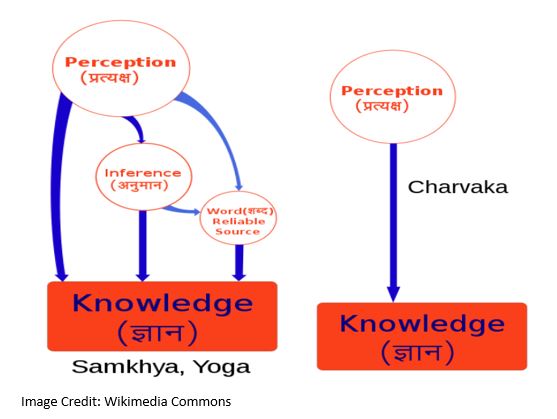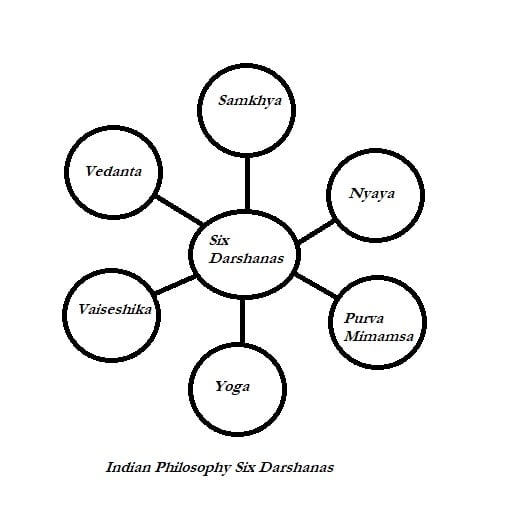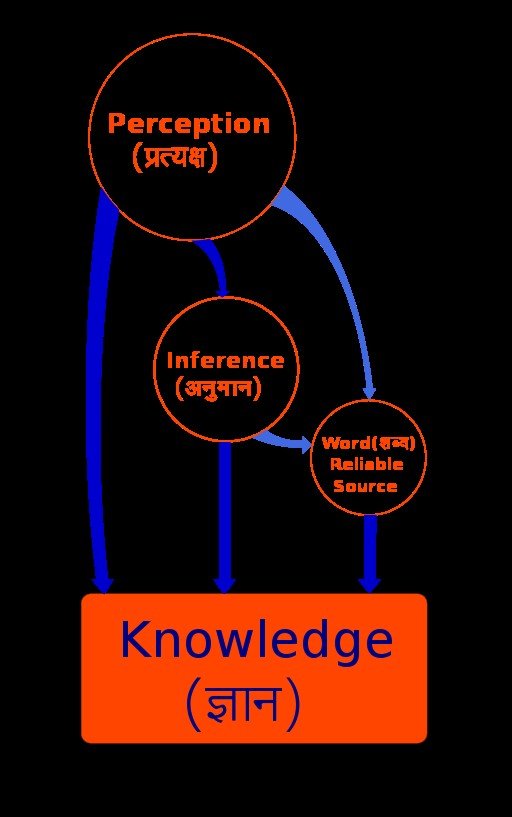Introducing Aparokshanubhuti by Adi Shankara
Aparokshanubhuti translated as Self-Realization Adi Shankara, an Indian philosopher who lived in the 8th century, is known for his contributions to the field of Vedanta philosophy. One of his most famous works is the Aparokshanubhuti, which translates to “Self-Realization”. This text serves as a guide for those seeking enlightenment and sheds light on the path … Read more



